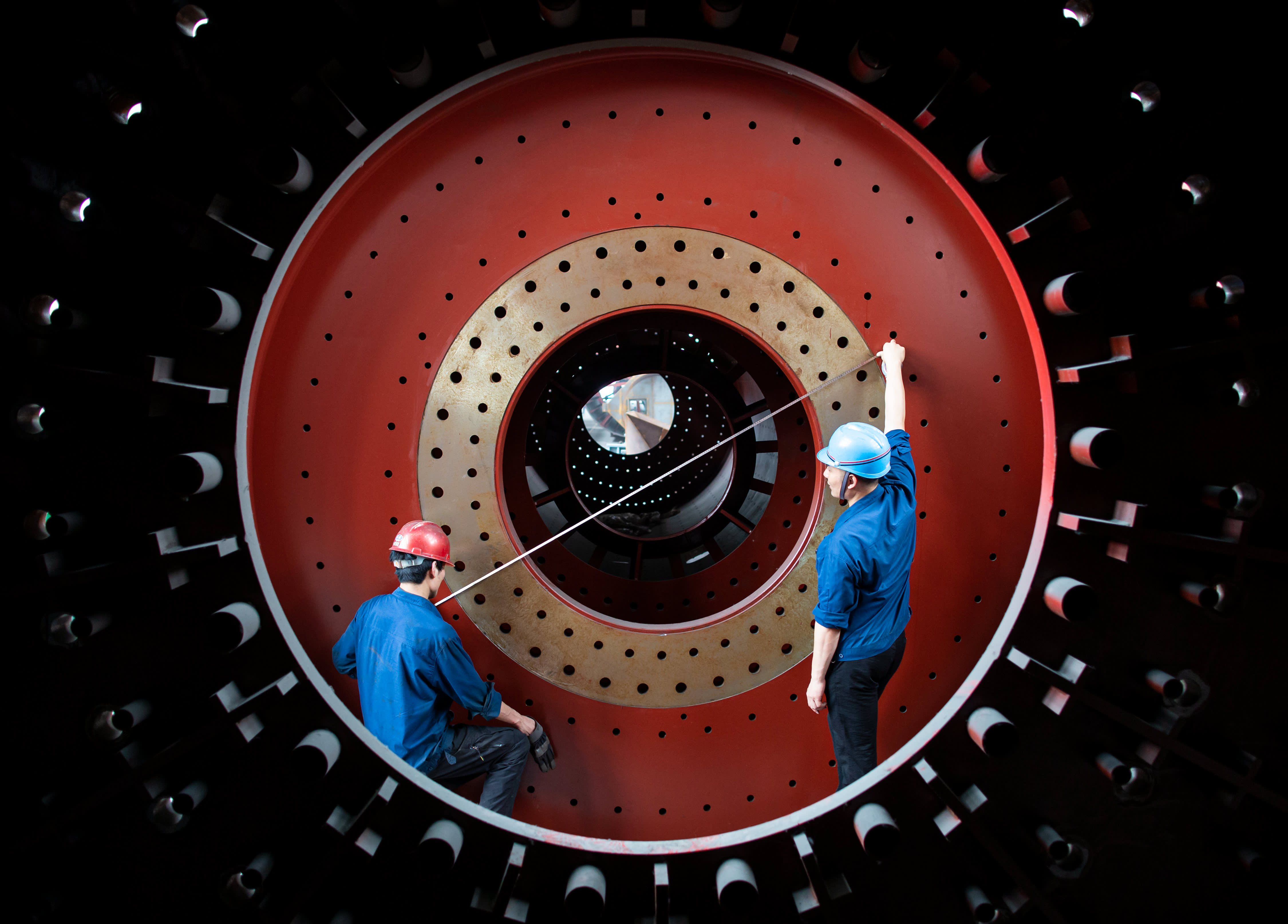
Italy’s reported withdrawal plan may set a precedence for a constructive exit from China’s global trade and infrastructure initiative, setting the stage for future exits.
Italy remains the only Group of 7 industrialized countries that is a signatory of Beijing’s signature Belt and Road Initiative, a centerpiece of President Xi Jinping’s foreign policy program that was launched a decade ago.
At a time of shifting geopolitical alignments that’s fragmenting the world’s economy, Rome is coming under pressure to recast its relationship with Beijing to placate its western allies as Italy assumes the rotating presidency of the Group of 7 developed economies in 2024.
“The thinking in Washington is that if Italy pulls out and does so with a degree of actual collaboration and smiles with Beijing — meaning no informal sanctions and retortions — what this will imply is that other western European countries, perhaps even eastern European countries which make the most of the BRI participants, might be able to pull out,” Giulio Pugliese, a lecturer with Oxford University’s School of Global and Area Studies, told CNBC’s Squawk Box Asia Thursday.
“Let’s not forget that many Baltic states and many other central and eastern European countries, other than Hungary, are quite skeptical of China’s role nowadays,” Pugliese said.
China’s ambitious Belt and Road project is a complex network of infrastructure links connecting China to countries across Asia, Africa, Europe and Latin America via railways, pipelines, roads and highways.
Italy’s conundrum
Italy’s Prime Minister Giorgia Meloni told reportersSunday at a press conference during the Group of 20 leaders’ summit in Delhi that Rome was still considering whether to leave the BRI.
The current Italian government does not consider its BRI membership to have sufficiently benefitted its economy. Rome has until December to formally withdraw or its membership will roll over for another five years.
For more on CNBC’s G20 coverage
G20 nations soften Russia condemnation to reach Delhi summit compromise, draw Ukraine’s ire
IMF chief says new Biden-backed economic corridor should not exclude any countries
To counter China, Biden is backing the World Bank for a bigger role on the global stage
Modi, Biden pledge to deepen India-U.S. partnership as world leaders meet in Delhi for G20 summit
Meloni met China Premier Li Qiang Saturday on the sidelines of the G20 summit.
The meeting “confirmed the common intention to consolidate and deepen dialogue between Rome and Beijing on the major bilateral and international issues,” according to a readout of the meeting Meloni’s office provided.
Her comments came after U.S. President Joe Biden, along with India Prime Minister Narendra Modi, announced a plan to develop a network of railways and sea routes that will connect India, the European Union and Middle Eastern countries — such as Israel, Jordan, Saudi Arabia and the United Arab Emirates —in “a transformative regional investment.”
The Americans have framed their new initiative as a counter to China’s influence in the energy-rich Middle East, but also to compete with China’s Belt and Road global infrastructure initiative.
“There are European nations which in recent years haven’t been part of the Belt and Road but have been able to forge more favorable relations [with China] than we have sometimes managed,” Meloni reportedly said on Sunday.
“The issue is how to guarantee a partnership that is beneficial for both sides, leaving aside the decision that we will take on the BRI,” she added.
Source: CNBC
